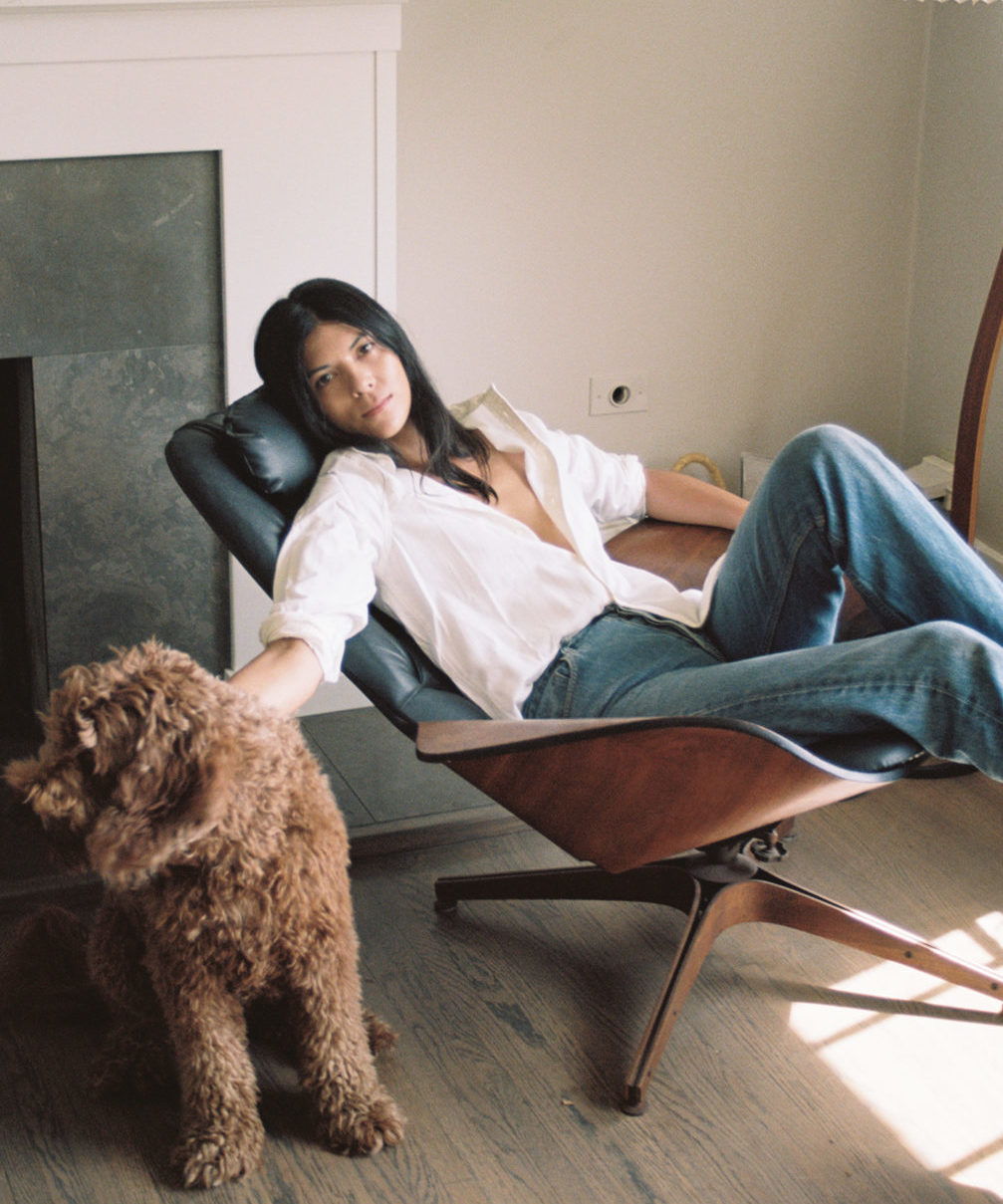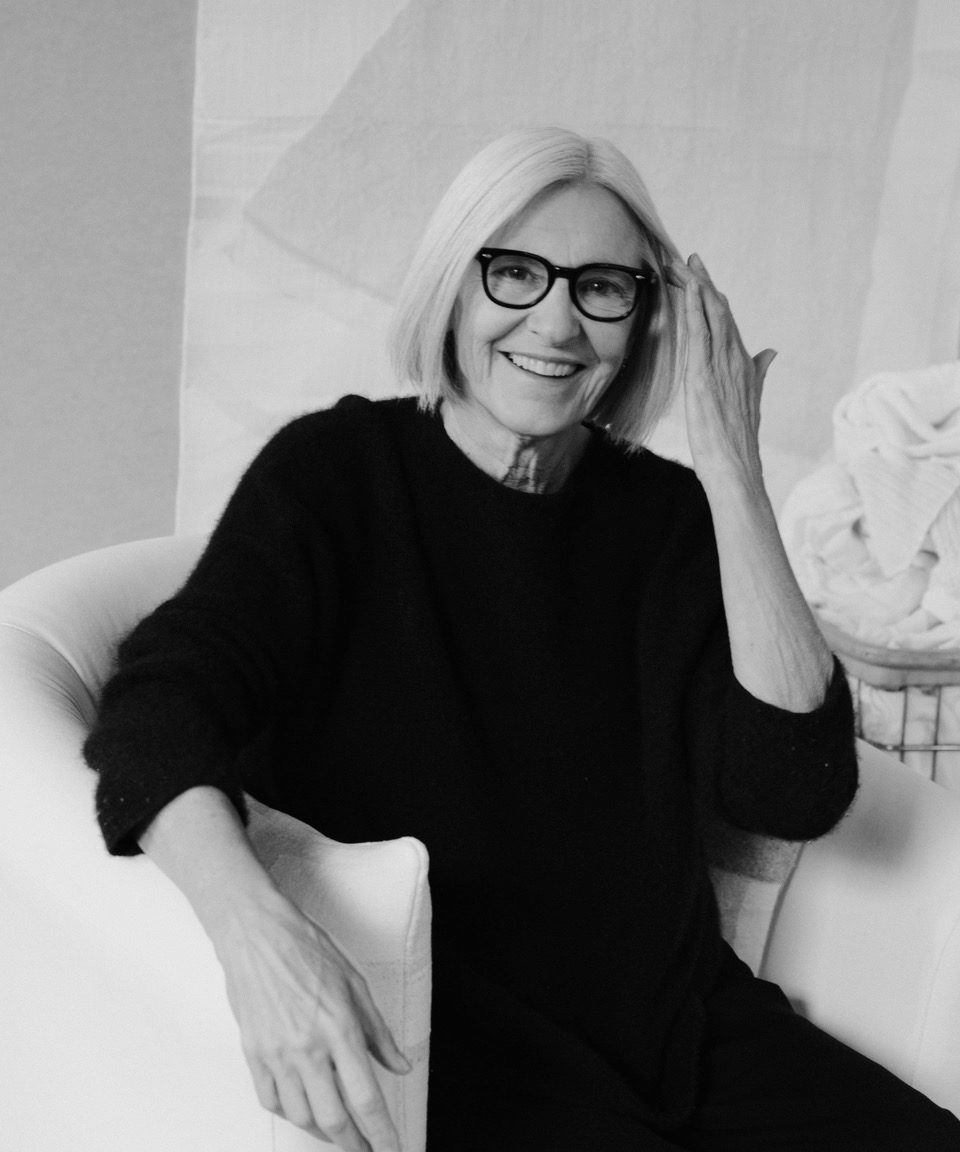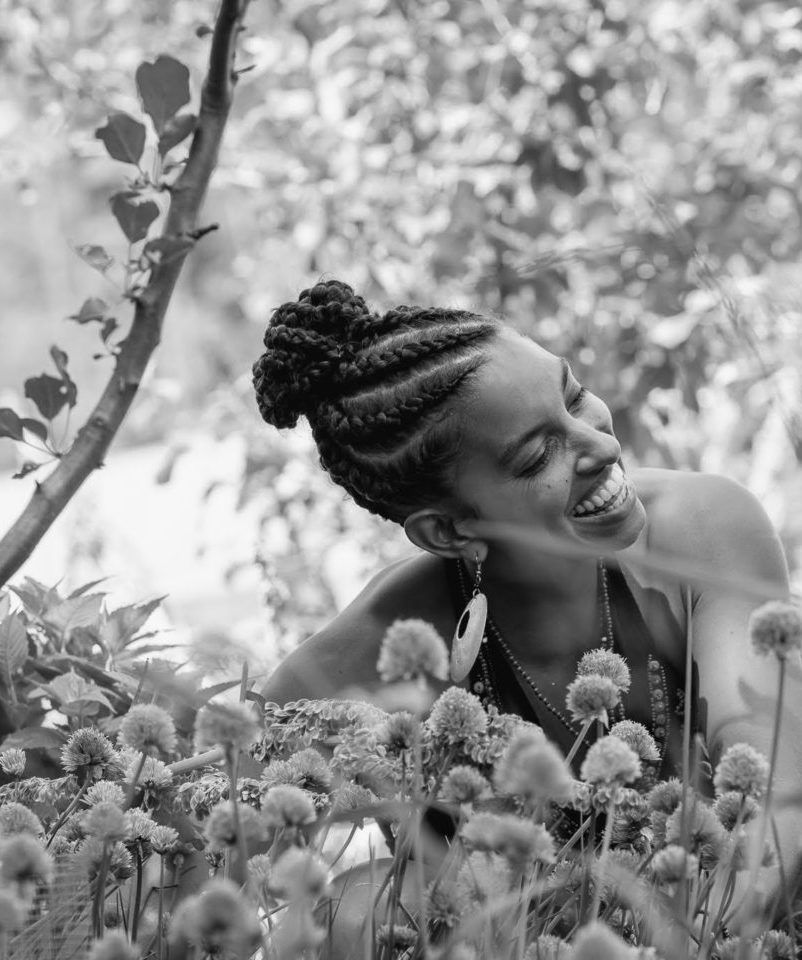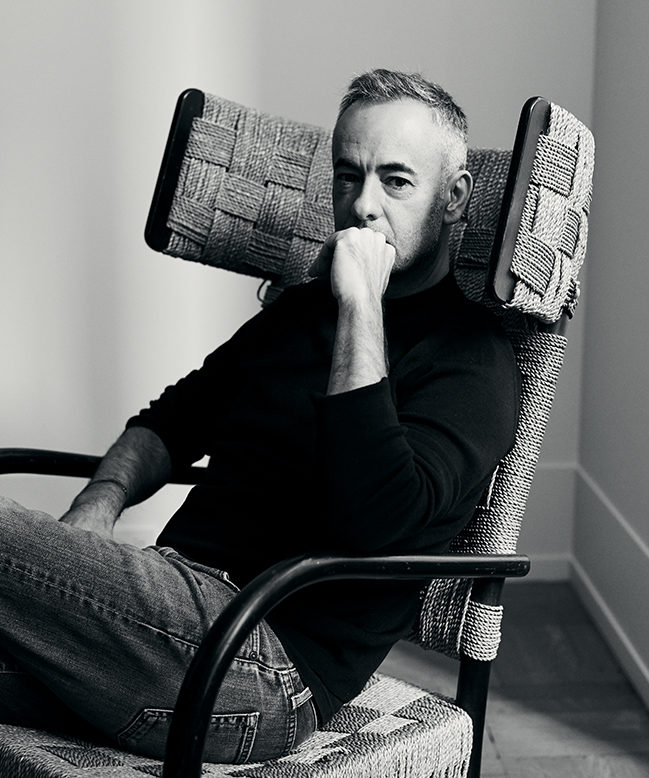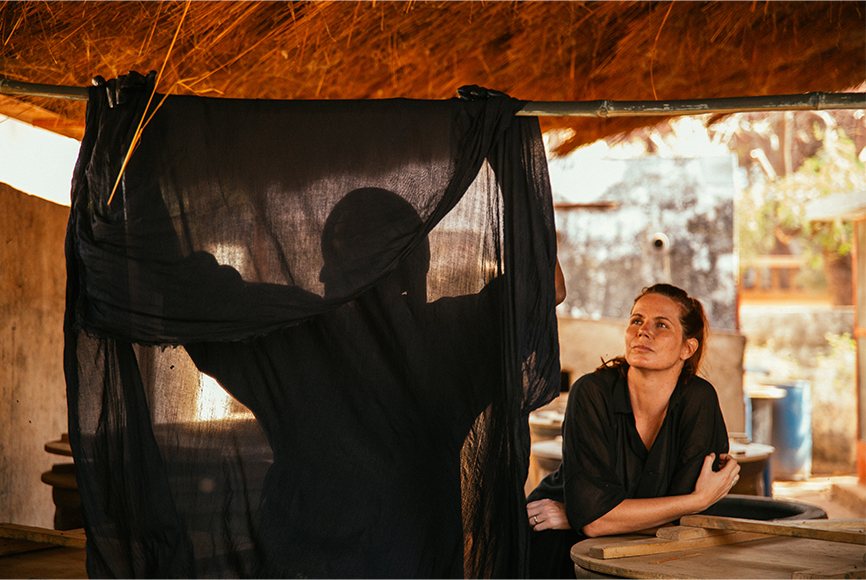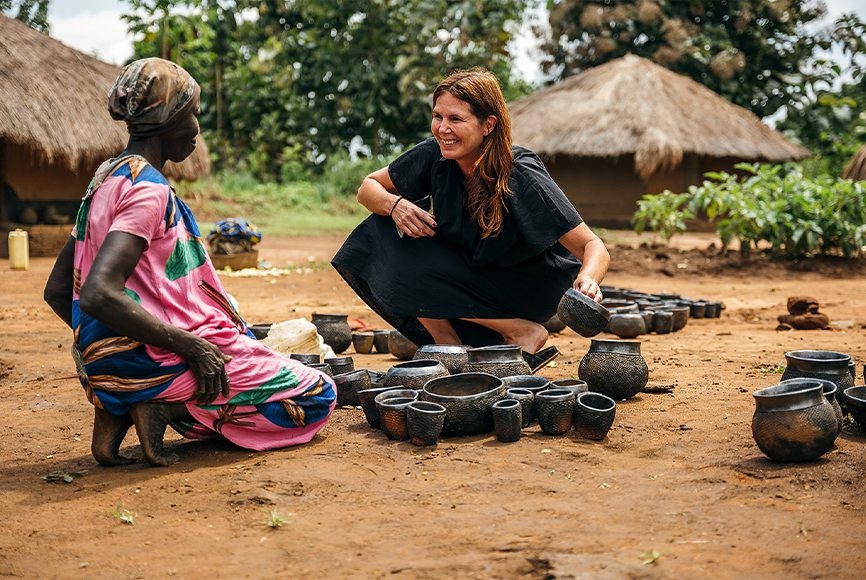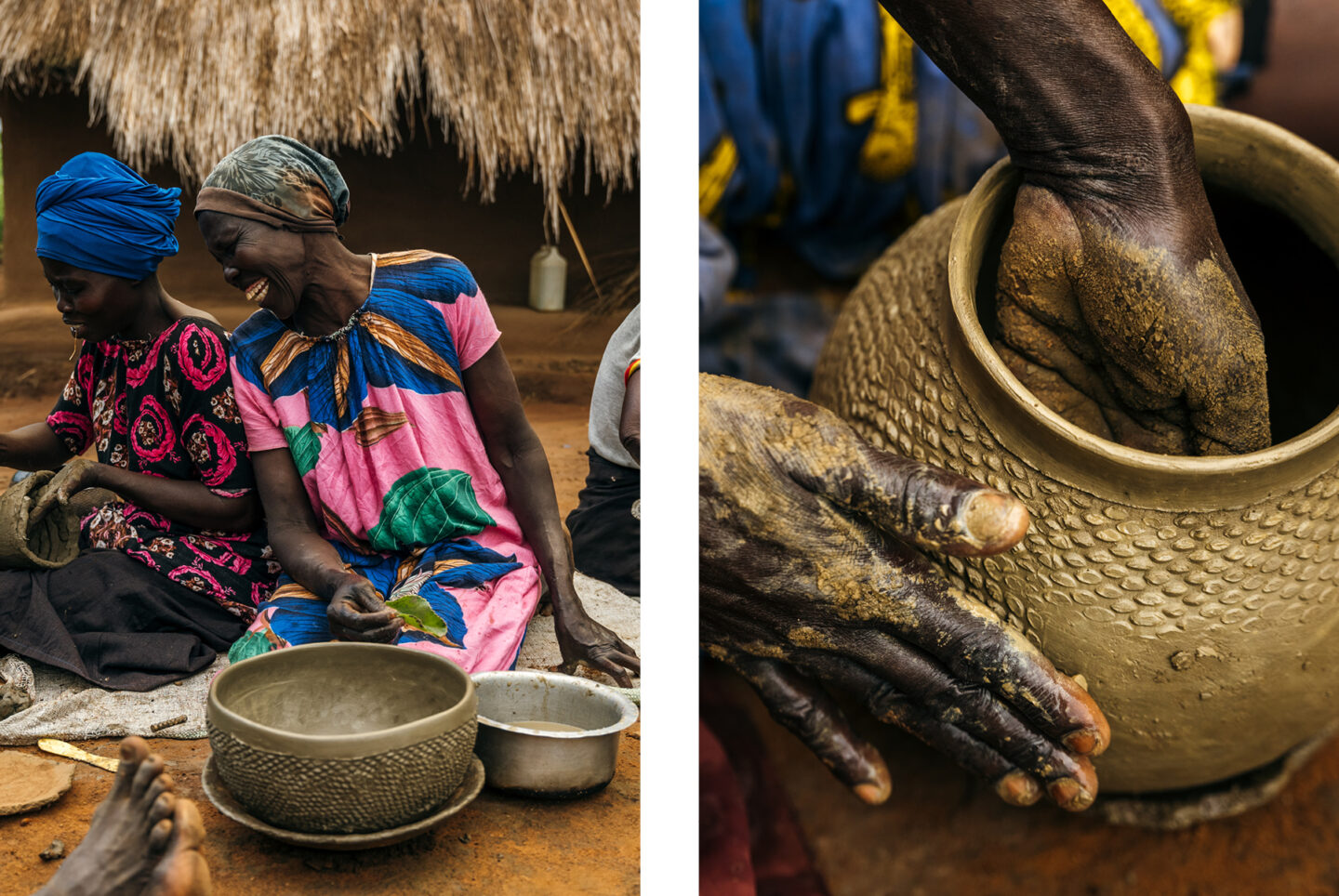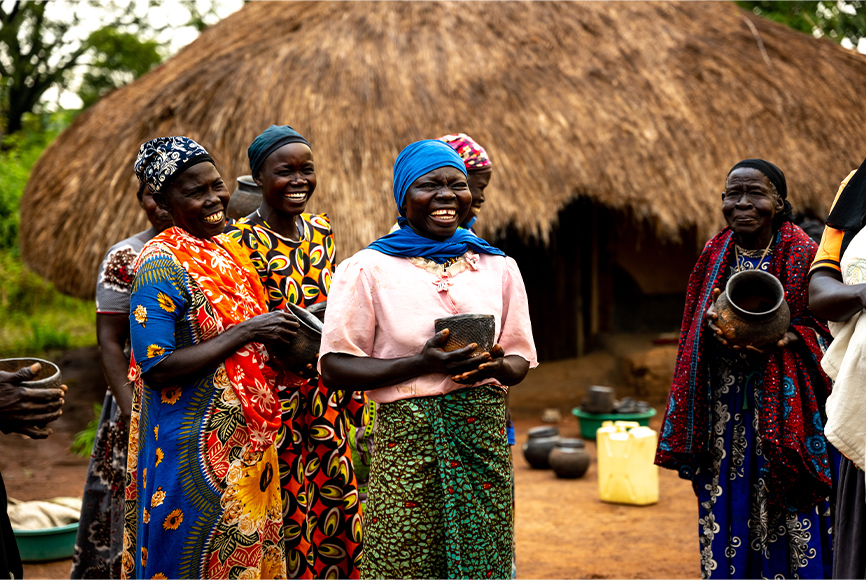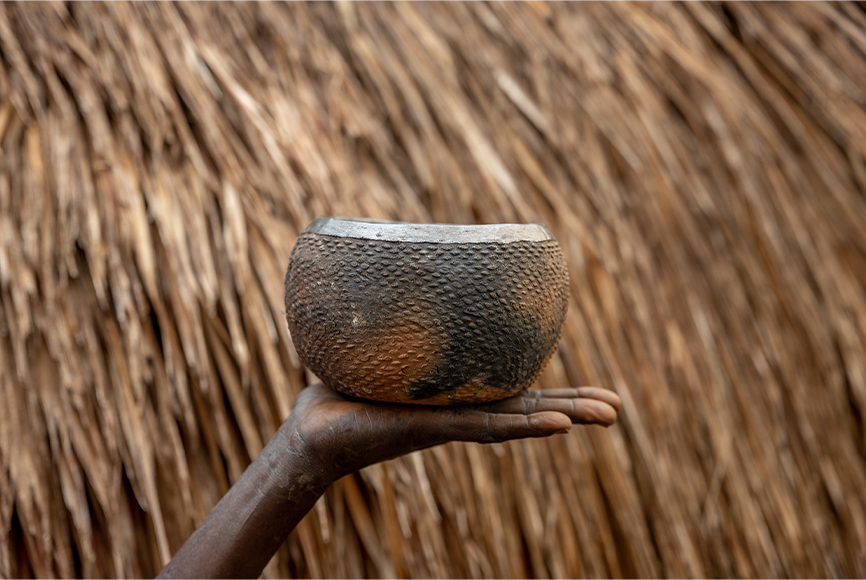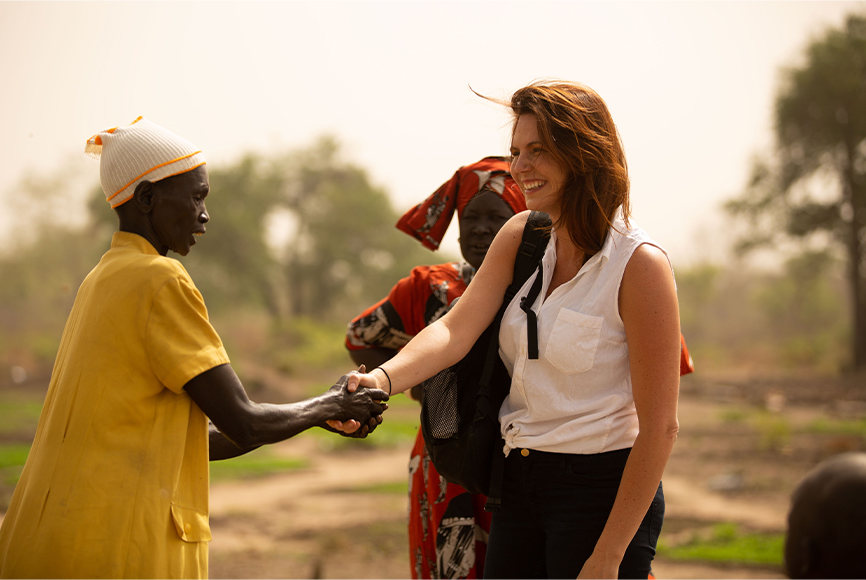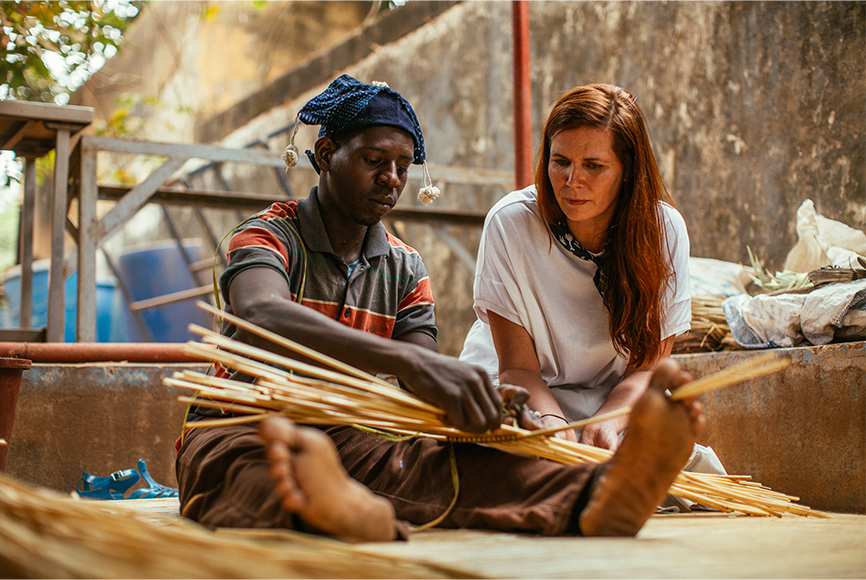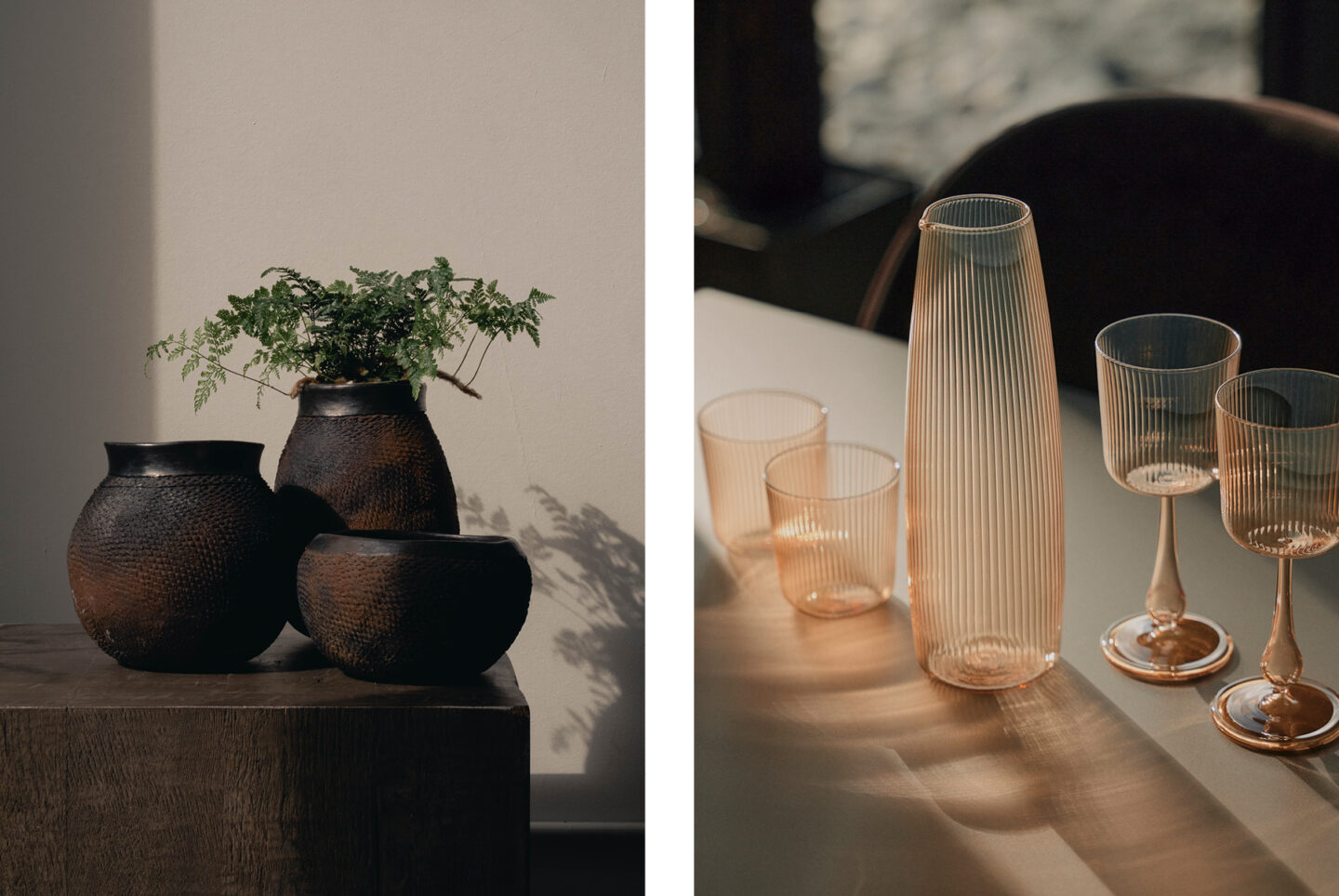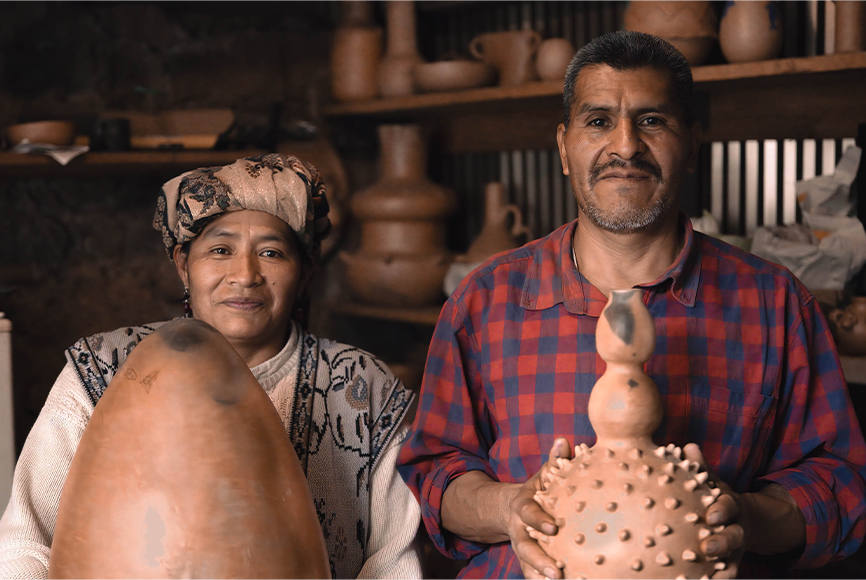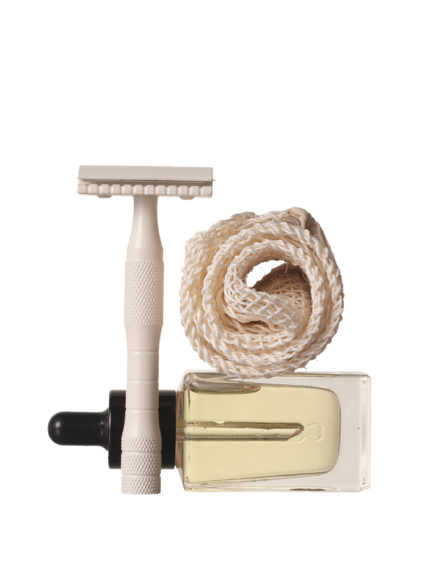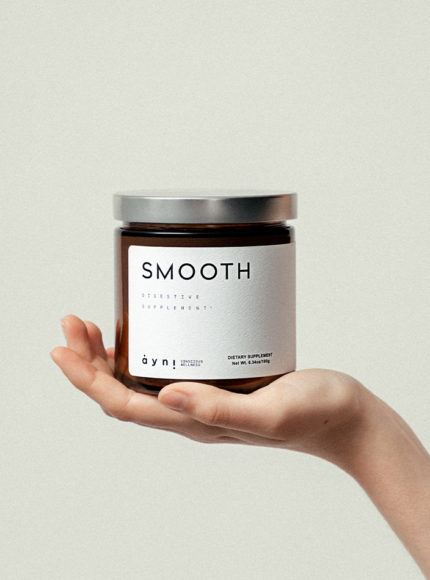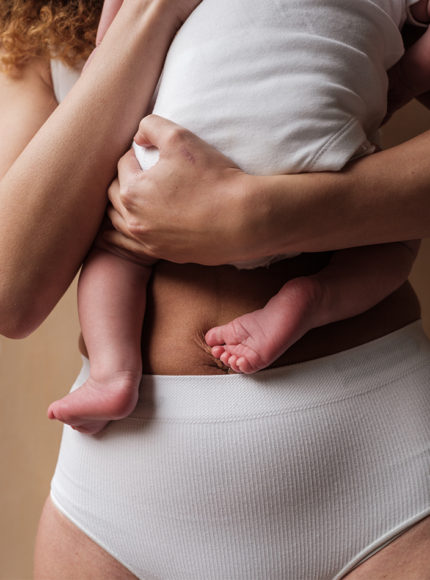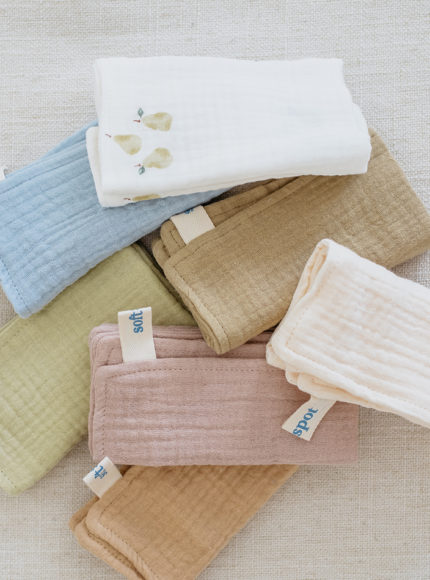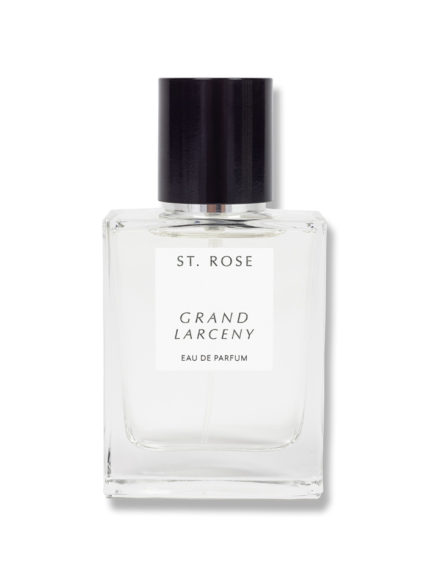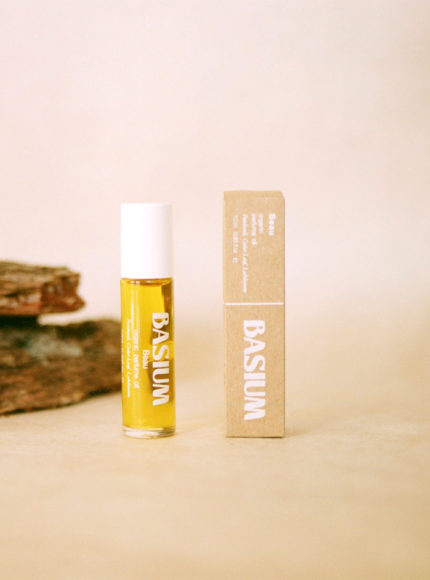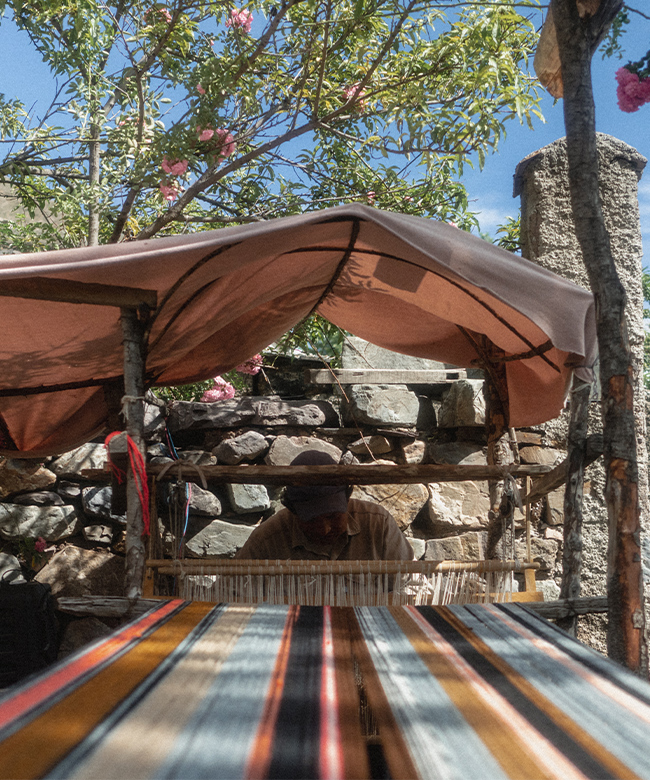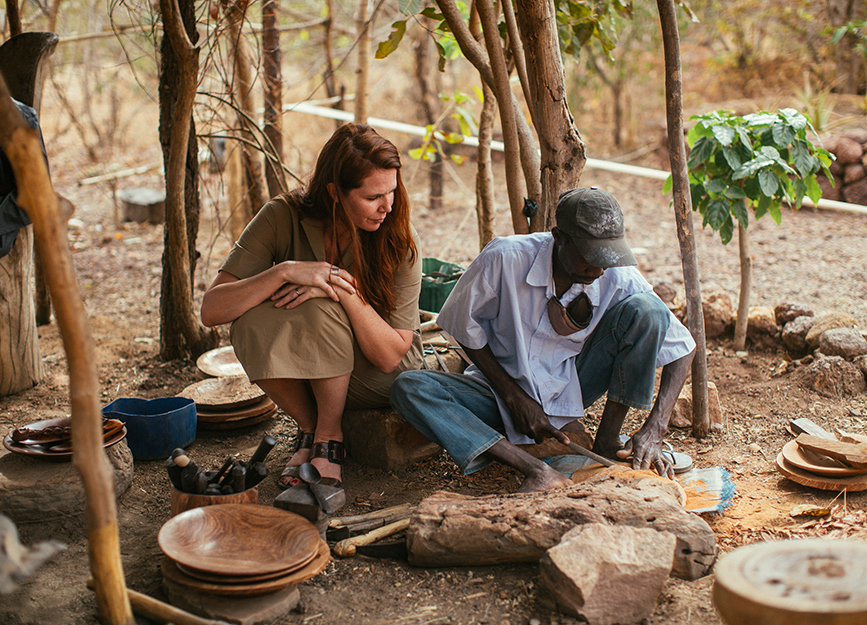

@obakki
@obakki
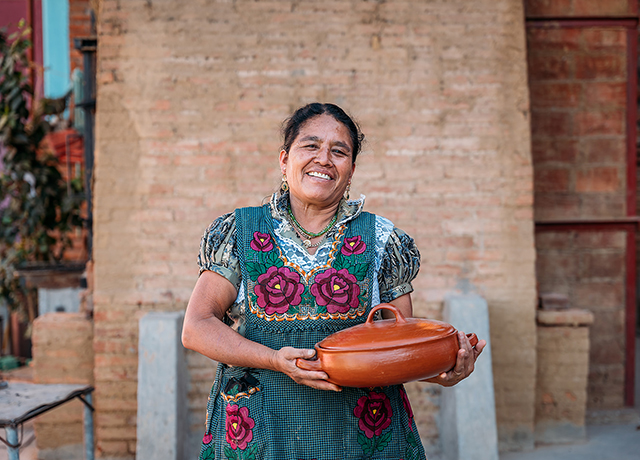

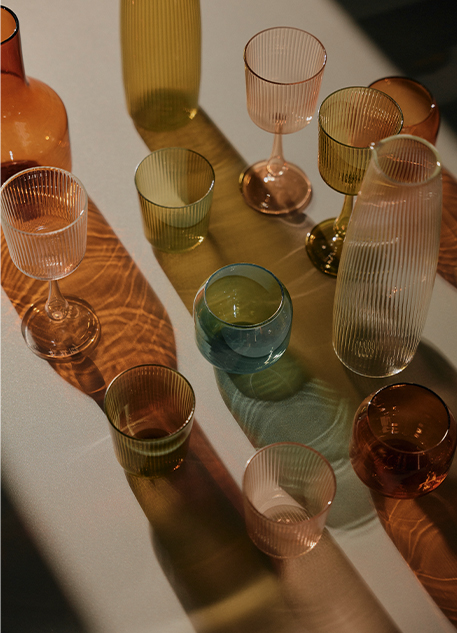

@randd.lab via @obakki
Home
Craftsmanship That Gives Back With Treana Peake, Founder of Obakki
Today we talk to Treana Peake, founder of the ethical homeware and lifestyle brand Obakki. Obakki is special in that it gives back to artisans that create the beautiful pieces sold by Obakki. Through the Obakki Foundation, they partner with artisans and uplift communities through giving their traditional craft a platform to stand on. Real life connections with these communities is what allows Obakki to give them what they most need in the form of development work and resources to support their livelihood.
Thanks to our friends at Obakki for making this editorial possible!
“Obakki is a purpose-led lifestyle brand that connects people through modern design. Everything we curate is handcrafted and produced by true artisans—real people making meaningful products. Our artisans are part of our family, and their quality of life is a top priority for us. Obakki’s main mission is to support and expand our artisan partnerships and to fund development work through the Obakki Foundation (our philanthropic counterpart).”
Treana Peake
First of all, can you introduce Obakki and your mission with it?
Obakki is a purpose-led lifestyle brand that connects people through modern design. Everything we curate is handcrafted and produced by true artisans—real people making meaningful products. Our artisans are part of our family, and their quality of life is a top priority for us. Obakki’s main mission is to support and expand our artisan partnerships and to fund development work through the Obakki Foundation (our philanthropic counterpart).
And what led you to start the company – was there a moment of inspiration or an event that motivated you to begin?
My “aha moment” came when I realized there was a way to combine my philanthropic work with my love of design and my love of travel. I search for talented artisans in remote regions who are paying homage to their ancestral crafts and maintaining traditions, styles and histories that would otherwise be lost. Many of these artisans don’t have access to the global marketplace, and we work with them to help them reach their goals. And then, we reinvest our profits back into some of our artisans’ communities (we call these our impact artisans) so that they may continue to develop sustainable, culturally appropriate incomes.
How did your personal work in international development influence how you constructed Obakki?
I have had over 30 years of development experience and because of that, I put everything through a development lens. I want to ensure that our relationship in these communities is positive, and that it continues to be positive as we grow together. Artisan-craft can be used as an easy way to bring economic stability to a region, provided that it is regularly assessed and that it remains community-led. My role is to ensure that our involvement is positive for that community and that impact is created through our partnership.
How do you go about finding the artisans and communities Obakki sources from?
In many cases, artisans are naturally presented after clean water has been provided to an area. After a water well is drilled, I will gather the community to discuss how we are going to create some economic stability. This is when women start showing me things. “Well, we make these pots…” or “We weave these textiles, would these work?'” And I am absolutely blown away by the quality and design. Sometimes, when I’m in a remote village, they’ll tell me of a talented artisan who is further up the mountain or over there, beyond the next hill. And off we go. It’s mostly about keeping your eyes and ears open and being in the right places.
Can you tell us what your mission is in partnering with these artisans and how that impacts wider society?
When we provide an international market for these artisans, our sales directly support entrepreneurs in developing countries. Together we contribute to positive social and environmental impact for these “impact artisan” communities around the world. That’s all of us, the artisans, Obakki, and our customers. We all contribute to society by helping preserve, promote, and protect local economies, cultures, environments, and crafts.
Is there a particular story of a community you have worked with that has been particularly meaningful?
We have been lucky to develop so many meaningful relationships, and it’s so difficult to pick one. But I guess it would be our Potters of Akiliba. The village of Akiliba is located in a remote, rural region of northern Uganda, and independence is critical for these artisans, as is preserving their ancient craft. These women create the most stunning one-of-a-kind pots by hand using local materials. But the community was only selling one per month, and had to support over 1,500 people on such minimal income. Thinking of future stability and independence, one of our mandates is to help establish a strong local market first for our artisans, before buying and selling internationally so our artisans aren’t dependent on us. Now these artisans are thriving locally – providing enough food for the entire village, with their children in school and they have other thriving economic activities!
Can you tell us a bit about how you ensure sustainable practices throughout the entire Obakki supply chain?
I always meet with each artisan partner, and that way, I not only have ‘boots on the ground’ per se, but I also foster genuine relationships this way. You can’t do that on Facetime. Physically meeting with our artisan groups additionally ensures that social responsibility is upheld as we work with these important communities. Our constant connection to our artisan partners allows us to trace each product from concept to completion, ensuring that our pillars of sustainability and ethical standards are always maintained. We are there from beginning to end. That’s the only way you can ensure sustainable practices.
How has Obakki helped female artisans in particular?
As it turns out – many of the women in developing countries are the guardians of ancestral craftsmanship and skills. They are the ones who learned these ancient traditions on their mother’s knee, who learned on their mother’s knee, who learned on their mother’s knee, and so on for 500 years in some cases. When these women can sell their goods to create sustainable incomes for themselves and their families, their children can go to school, and they have food on the table. For many, it means that basic survival is more certain than before. It also means that they can continue in the traditions and the teachings of their ancestors – important pieces of their culture and heritage.
And the Obakki Foundation is such a wonderful initiative alongside the business – can you tell us a bit about it?
Obakki and the Obakki Foundation were always meant to coexist, and my goal for Obakki since the beginning was to aid in covering the administrative costs at the Foundation so that every donated dollar would go toward our livelihood initiatives, education, food security, agriculture and clean water projects. Since we evolved into homewares, Obakki has really grown into a global provider of luxury homewares, one that showcases our impact artisans’ incredible products, and helps connect consumers with the actual humans that make their products. And, the fact that we reinvest our net proceeds back into these initiatives is what continues to drive and inspire me to do more.
“Our constant connection with our artisan partners allows us to trace each product from concept to completion, ensuring that our pillars of sustainability and ethical standards are always maintained. We are there from beginning to end. That’s the only way you can ensure sustainable practices.”
Treana Peake
What are some of the recent projects you have worked on that you can highlight?
We’ve installed 100+ water catchment systems and an urban water system for our weavers in Guererro, Mexico.
We’ve installed six clean water points and trained midwives for the weavers on top of the Rwenzori mountains in Uganda.
We’ve built two new jewelry workshops for our artisan partners in Nairobi (and have started construction on two more large scale artisan workshops in Mexico!)
We’ve trained over 300 beekeepers in Uganda – and have established honey apiaries that have found thriving local markets.
We’ve launched a tailoring workshop initiative in the largest refugee resettlement area in the world (Bidi Bidi, Uganda).
We’ve slowed deforestation and created sustainable incomes with our shea butter harvesting and cold-press oil production (which we purchase for our products in our new skin care line).
We’ve enrolled over 50 children in school full-time in Kibera, Kenya, paying for their school fees, uniforms, and nutritional needs.
And there is more to do. There is always more.
How can we all become involved in the work that the Obakki Foundation is doing?
You can read about all of our programs and donate directly to the Obakki Foundation on our website. We support a mix of clean water programs (to date we’ve drilled over 3,500 clean water wells in Africa), agriculture and food security initiatives and education, along with our artisan partner program and other economic initiatives. We’ve helped over 4 million people so far (and we’re just getting started).
Or you can go to Obakki.com and purchase any of our sustainable homewares – all handmade by incredible artisans who benefit directly from your purchase. Buying beautiful, meaningful items has never had such a powerful impact.
Finally, what are your favourite Obakki products at the moment?
I’m always in love with our earthenware pots from Uganda, and I’ve got a soft spot in my heart for all of our Mexican pottery – my house is full of it! Our new rugs from Chiapas in Mexico have 500 years of history and heritage behind them, and so on, and so on. It’s so hard to choose, I truly love them all.
Words by Treana Peake, Founder of @obakki
Use the code ‘REV15’ to get 15% off Obakki!














